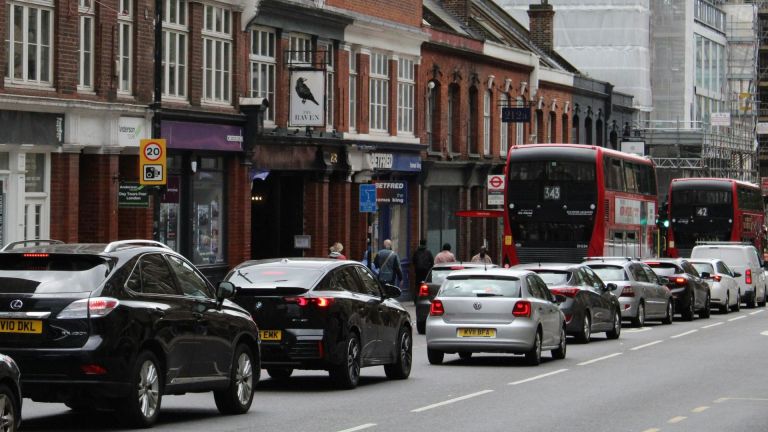I agree with Lord John Bird that there is a need to “redesign the ways governments work” in order to end poverty. However, his argument that governments need to be “businesslike” raises a question. Governments (indeed all organisations) should be businesslike in the sense that they should be efficient and practical. But it is important to recognise that many businesses, as well as many governments, are neither efficient nor practical. In addition, being efficient and practical is at best useless and at worst dangerous if one lacks the correct values. More broadly, poverty will not be overcome without essential services that work for everyone. This is as true here in the UK (where our essential services are largely failing) as it is in the Global South. Our research in Africa and Asia through the Inclusive Urban Infrastructure project demonstrates the importance of putting poor people at the heart of decision-making.
Your support changes lives. Find out how you can help us help more people by signing up for a subscription
We find that the inclusive provision of water, sanitation, energy, transport and communications infrastructure can not only improve access to these services for poor people, it can also strengthen their tenure security. But infrastructure investment that excludes those living in poverty widens inequalities to the extent that the most marginalised repeatedly face forced evictions. Governments around the world must change how they work. But they must also change their values so they put the poorest first. This includes ensuring that businesses and other organisations do not rip off people living in poverty but rather provide them with genuine opportunities to improve their lives. And it includes investing in essential services in ways that prioritise human rights over profits.
Sunit Bagree, Communications Manager, School of Global Studies, University of Sussex
Do you have a story to tell or opinions to share about this? We want to hear from you. Get in touch and tell us more.










